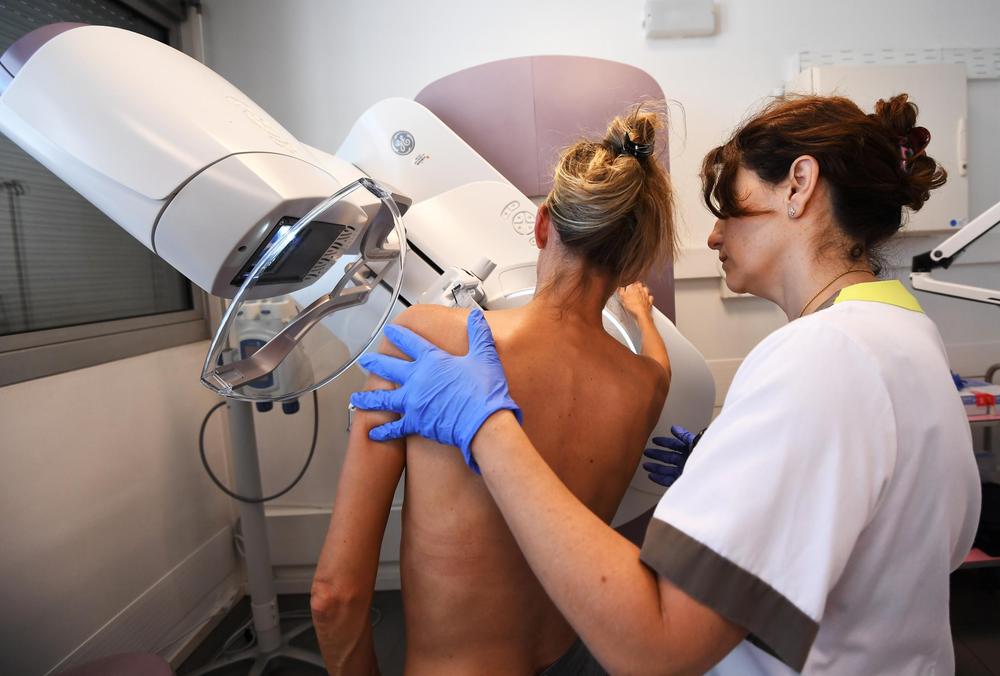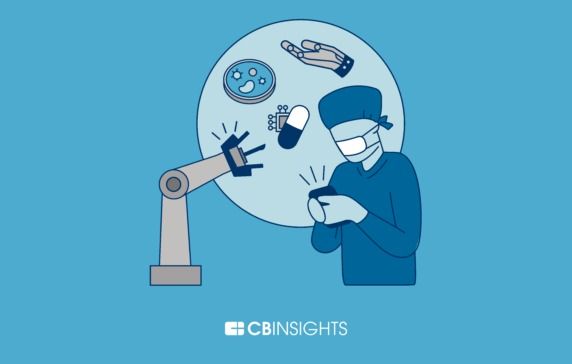CANCER patients with previously incurable tumours have been given hope by a life-extending treatment which can double the length of time a person can live cancer-free.
The new worldwide medical trial involving the Beatson Cancer Centre in Glasgow has discovered a high-precision radiation treatment which can extend a patient’s lifespan by more than a year. Patients diagnosed with metastatic tumours – cancer which had spread to other parts of the body – were thought to be incurable, but researchers on the clinical trial have found that aggressive radiation therapy can increase life expectancy.
Hailing the research as a “game-changer”, scientists gave almost 100 cancer patients from Scotland, Canada, the Netherlands and Australia “substantially higher doses of radiation” to areas where their cancerous tumours had spread. Patients receiving the treatment, known as stereotactic ablative radiotherapy, lived 13 months longer on average.








